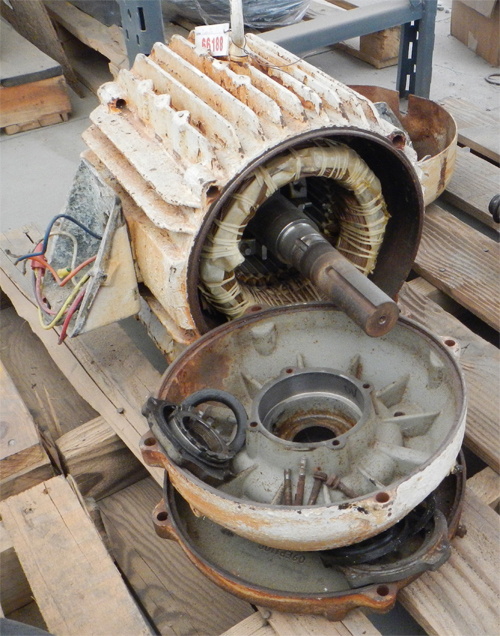
According to the US Department of Energy’s Office of Industrial Technologies (OIT), pumping systems take up 25 to 50% of the total energy consumption in some industrial plant operations in the U.S. The same pumping systems account for roughly 20% of the total global electrical energy demand. Pumping systems can be found in food processing, petrochemical, mechanical, pharmaceutical, and chemical industries. Moreover, they are widely used in municipal wastewater/water services, agricultural water services, and domestic water services.
Although industrial pumps are purchased individually, they often function as part of a larger system. The type of materials used by a particular industrial system as well as the energy consumed depends on several interdependent factors. These factors include pump design, installation design and system operation. All these interdependent factors have to be synchronized and work as one cohesive unit throughout their life cycle. If this is achieved the system will enjoy extended equipment life, low maintenance, and energy costs.
Usually, high usage industrial pumps have complex life cycle costs (LCC). The initial purchase cost is only a small percentage of the overall life cycle cost of these units. For example if you live in Idaho, the cost of electric motor repair in Boise would constitute only a small percentage of LCC. A deeper understanding of all components of the total life cycle costs would enable the plant/factory manager to dramatically reduce operational, energy and maintenance costs. The reduction of waste and energy consumption also has vital environmental benefits.
LCC analysis is an apt management tool. As such, it can assist commercial industrial ventures to minimize their waste effluent and maximize their energy efficiency. Simply put, the LCC of a pumping system, or any other piece of equipment, is the total cost of its purchase, installation, operation, maintenance and disposal over its lifetime. In order to determine LCC, you have to come up with a methodology that will help you identify and quantify all components of the LCC equation. These components include:
• Initial costs.
• Installation and commissioning costs.
• Energy costs
• Operation costs.
• Maintenance and repair costs.
• Down time costs.
• Environmental costs.
• Decommissioning and disposal costs.
While major organizations tend to concentrate on the initial purchase and the installation costs of a pump system, it is important that they evaluate the LCC of a given system before undertaking major installations and overhauls. Such an evaluation would prove to be critical during electric motor and pump repairs. This is because it would provide the plant manager or designer with the most cost-effective repair alternative.

Leave A Comment